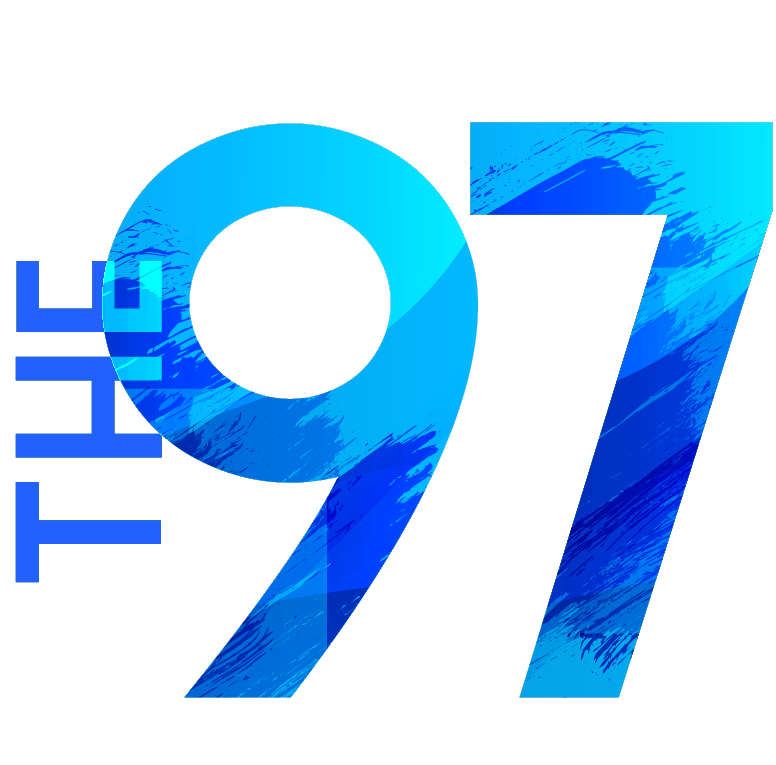After silencing doubters and naysayers with her 1992 “MTV Unplugged” show and proving her commercial prowess when her live recording of “I’ll Be There” became a #1 hit, Mariah Carey returned in 1993 securing her then-longest stay at #1, with “Dreamlover.”
The lead single from her 3rd studio album, “Music Box,” premiered in July 1993. “Dreamlover” was co-written and co-produced with Dave Hall, a young producer from New York who made a name for himself for collaborating with Mary J. Blige on her acclaimed debut album What’s the 411?
In an interview with Billboard’s Fred Bronson, Carey explained that she wanted to “Do something that had a happy feeling, something that was more open and released.” The two of them decided to use a looped sample of The Emotions’ “Blind Alley” atop which Carey created the melody. The song came together very quickly: according to Dave Hall, they had the hook, melody, and instrumental completed in one night. Carey then started to write the lyrics.
When label head Tommy Mottola heard the original “Dreamlover,” he felt something was missing and decided to bring Carey’s frequent collaborator Walter Afanasieff in to tweak the instrumental. Afanasieff is credited as a co-producer on the song and he is responsible for smoothing out the drums and the addition of the Hammond B-3 organ in the instrumental.
“Dreamlover” started the trend for Carey’s lead singles to include samples and it’s a prime example of her balancing her Pop and R&B sensibilities effortlessly. The song was, in fact, seen as a return to the radio-friendly sound that characterized her debut record, but it still retained hints of the old-school influences Carey displayed on the Emotions album, thanks to the sample it incorporates.
Upon its release, “Dreamlover” was met with critical and commercial success, becoming Carey’s most successful single at that point. It debuted at #12 on CHR/Top 40 radio, a record she held on her own for 21 years until it was matched by Taylor Swift’s “Shake It Off” in 2014. It went on to top the Mainstream Top 40 chart (Carey’s 9th consecutive #1 single) and the Billboard Hot 100 for 8 weeks. The CD single was certified Platinum by the RIAA, the first of her singles to ship 1 million copies to retailers. The song was nominated for “Best Female Pop Vocal Performance” at the 1994 Grammy Awards as well.
The music video was directed by Diane Martel and filmed in upstate New York. It features Carey having fun swimming with her dog Jack (who made his debut cameo in this video), boarding a hot air balloon, and dancing around in a field. The carefree nature of the visuals matches the vibe of the song perfectly. As Carey sings and fantasizes about her dream lover, she is seen being happy and relaxed in a dreamy atmosphere.
“Dreamlover” was also the first single of Carey’s to be remixed by David Morales. The 10-minute-long house remix, “Def Club Mix” features new and powerful vocals over a thumping house beat. Carey had incorporated new vocals for the intro of the “Emotions” remixes, but this time she gave the remix a second life by re-doing the whole vocal track. This was also the beginning of a trend Carey would later extend to her Urban remixes as well and a tradition that she still likes to revamp occasionally. The remix version became her 3rd #1 hit on the Billboard Dance charts.
The “Dreamlover” CD single also included the smooth and sultry “Do You Think of Me” as a B-side. Carey wrote and produced this R&B-leaning song alongside Walter Afanasieff, Cory Rooney, and Mark Morales. This elusive track became a favorite among fans, who clamored for it to be added to streaming services. Carey finally obliged, adding it to her 2020 The Rarities album.
“Dreamlover” continues to be one of Carey’s most appreciated songs for its lighthearted and upbeat nature and its catchiness. It has been a staple in her concert setlist ever since the Music Box Tour in 1993. On The Adventures of Mimi Tour in 2006, Carey performed a new version of the song that incorporates elements of Mtume’s “Juicy Fruit” (the song Biggie sampled for the classic “Juicy”) into the original instrumental to a largely positive response from the fans.
“Dreamlover” occupies a profound place in Carey’s vast catalog for being a great representation of her legacy as a singer and a songwriter. It marked a creative turning point, laying the groundwork for the pioneering progress she would make with remixing and incorporating House and Hip-Hop into her music during the years that followed. For these reasons, and the song’s overall endearing quality, it has held a special place in the hearts of her fans around the world for decades.






